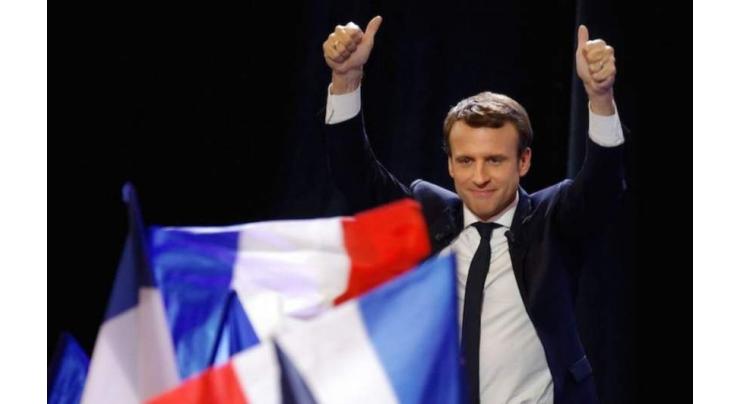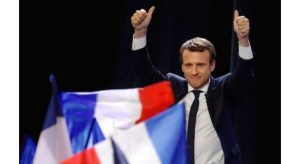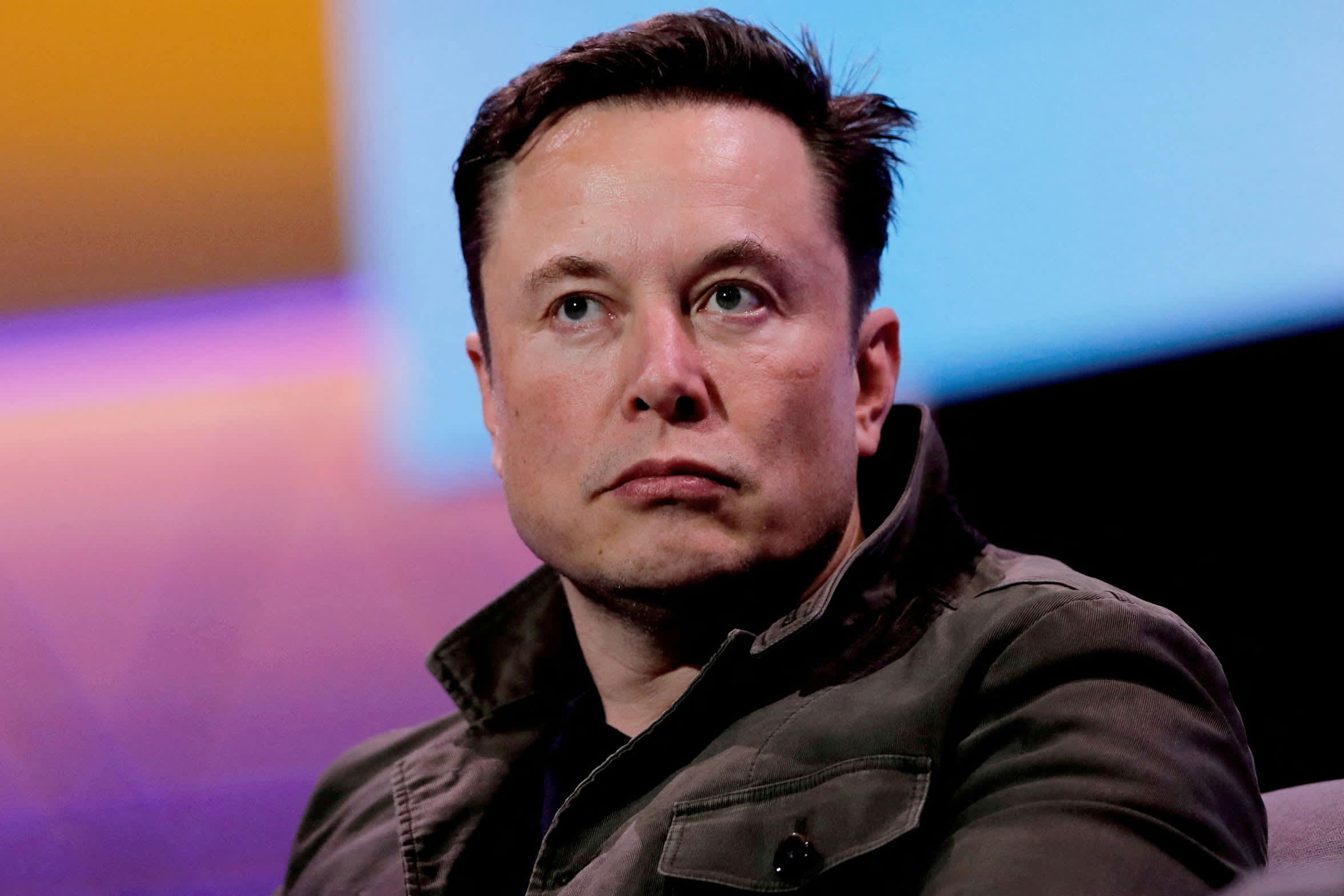The recent French elections have drawn significant attention from political analysts and international observers alike. These elections not only reflect the current political climate in France but also have implications for the broader European political landscape. Here are five key takeaways from France’s election, which highlight the major trends and shifts in French politics.
1. The Rise of Populism
Overview
The recent French elections have seen a noticeable surge in populist sentiment. This trend is part of a broader wave of populism sweeping across Europe and other parts of the world. The rise of populist parties and candidates in France can be attributed to growing dissatisfaction with traditional political elites and increasing concerns over issues such as immigration, economic inequality, and national sovereignty.
Analysis
Populist candidates, particularly those from the far-right, have capitalized on these concerns, promising to restore national pride and protect French identity. This rise is evident in the significant gains made by populist parties in both local and national elections. The appeal of populism in France is not confined to one demographic but spans across various age groups and socio-economic backgrounds.
| Key Factor | Impact |
|---|---|
| Immigration | Increased support for anti-immigration policies |
| Economic Inequality | Voters turning to populist candidates |
| National Sovereignty | Emphasis on protecting French identity |
2. Fragmentation of Traditional Parties
Overview
Traditional political parties in France, such as the Socialist Party (PS) and the Republicans (LR), have faced significant fragmentation. These parties, which have dominated French politics for decades, are struggling to maintain their relevance in a rapidly changing political landscape.
Analysis
The fragmentation is largely due to internal divisions and the emergence of new political movements that challenge the status quo. Both the PS and LR have seen their voter bases erode as new parties and independent candidates draw support away. This fragmentation has led to a more volatile and unpredictable political environment in France.
| Traditional Party | Current Challenges |
|---|---|
| Socialist Party (PS) | Internal divisions, loss of voter base |
| Republicans (LR) | Competition from new political movements |
3. The Role of Youth Voters
Overview
Youth voters have played a pivotal role in the recent French elections. This demographic is increasingly influential in shaping election outcomes and policy directions. Young voters in France are generally more progressive and are concerned with issues such as climate change, social justice, and digital rights.
Analysis
Political parties and candidates have recognized the importance of appealing to youth voters. Campaigns have increasingly focused on digital engagement and addressing the concerns of the younger population. The youth vote has been instrumental in the success of progressive and independent candidates, who have resonated with younger, more tech-savvy voters.
| Key Issues for Youth | Impact on Elections |
|---|---|
| Climate Change | Support for green policies and candidates |
| Social Justice | Increased demand for progressive reforms |
| Digital Rights | Focus on internet freedom and privacy |
4. The Influence of Economic Concerns
Overview
Economic issues remain a central concern for French voters. The state of the economy, job creation, and economic inequality are key factors influencing voter behavior. The recent elections have underscored the importance of economic policy in political campaigns.
Analysis
Candidates who have addressed economic concerns effectively have seen significant support. Proposals for job creation, tax reforms, and measures to reduce economic inequality have been critical in winning over voters. The economic impact of the COVID-19 pandemic has further heightened the focus on economic issues.
| Economic Concern | Political Impact |
|---|---|
| Job Creation | Support for candidates with robust job plans |
| Tax Reforms | Appeal of policies aimed at tax fairness |
| Economic Inequality | Increased focus on reducing income disparity |
5. The Role of Media and Information
Overview
The media landscape and the dissemination of information have played a significant role in shaping the outcomes of the French elections. Traditional media, social media, and digital platforms have all been instrumental in influencing public opinion and voter behavior.
Analysis
The rise of social media has transformed political campaigns, allowing candidates to reach voters directly and engage with them in real-time. However, the spread of misinformation and fake news has also been a significant challenge. The role of media in the elections underscores the need for media literacy and the importance of reliable information sources.
| Media Platform | Impact on Elections |
|---|---|
| Traditional Media | Continued influence on public opinion |
| Social Media | Direct engagement with voters, real-time updates |
| Digital Platforms | Challenges with misinformation and fake news |
Comparative Analysis
To understand the broader implications of these takeaways, it is helpful to compare the recent French elections with previous ones and with elections in other European countries. The following table provides a comparative analysis.
| Aspect | Recent French Elections | Previous French Elections | Elections in Other European Countries |
|---|---|---|---|
| Populism | Significant rise in populism | Less pronounced populist sentiment | Similar rise in countries like Italy, Hungary |
| Fragmentation of Parties | Increased fragmentation of traditional parties | More stable party structures | Seen in countries like Germany, Spain |
| Youth Voter Influence | Major influence, focus on progressive issues | Less targeted youth engagement | Growing influence across Europe |
| Economic Concerns | Central to campaigns, focus on inequality | Economic issues important, but less central | Key concern in most European elections |
| Media Role | Dominant role of social media, issues with misinformation | Traditional media more influential | Similar trends, varying impact of misinformation |
Conclusion
The recent French elections have provided valuable insights into the current state of French politics and the broader trends shaping democratic processes in Europe. The rise of populism, fragmentation of traditional parties, influence of youth voters, centrality of economic concerns, and the role of media are key takeaways that will likely continue to influence future elections. Understanding these trends is crucial for political stakeholders, policymakers, and voters as they navigate the evolving political landscape.











